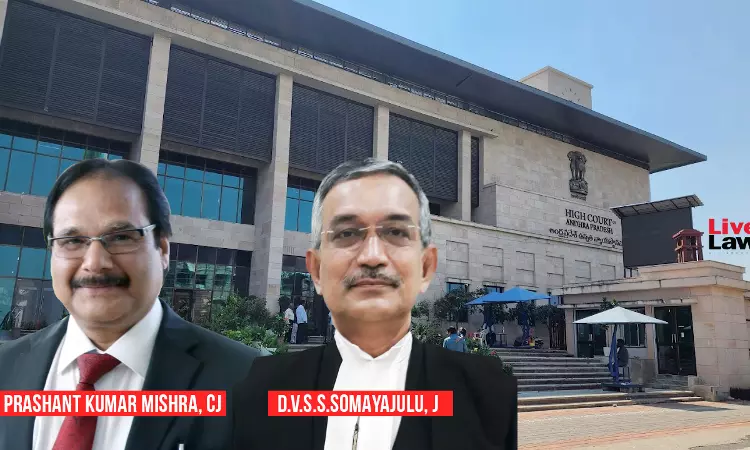The Andhra Pradesh High Court today quashed a government order that aimed to regulate the rallies and meetings on public roads, observing that the net effect of the decision is to impose a ban on all meetings at public highways, state highways, municipal and panchayat roads. The government order does not stand the test of law, ruled the court.The division bench of Chief Justice Prashant...

